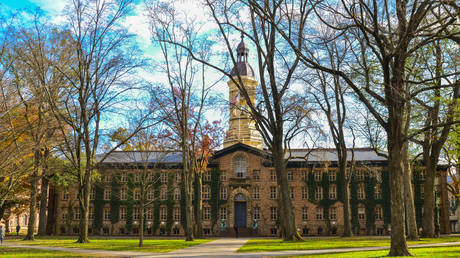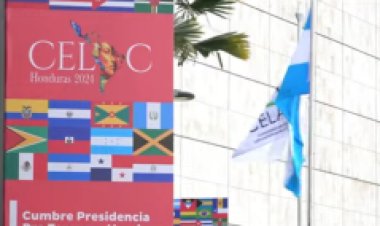Leading US university provides classes on sex work and queer studies
Princeton will offer courses on controversial topics, including prostitution, starting in the spring semester, according to its online course listing.

These courses, part of the gender and sexuality studies program, will explore subjects such as queer theory, prostitution, pornography, sex tourism, and architectural histories through feminist and LGBTQ+ lenses.
The department will offer five classes that feature the term ‘queer’ in their descriptions. One course, titled ‘Queer Spaces in the World,’ will investigate the history of “groups and institutions that have actively resisted dominant regimes of power,” analyzing institutional and historical power dynamics through gender-related theories.
Another course, named ‘Love: Anthropological Explorations,’ aims to examine the connections between love, technology, gender, race, law, capitalism, colonialism, and religion. The class ‘Power, Profit and Pleasure: Sex Workers and Sex Work’ will focus on the lives of sex workers and their clients, addressing stigmatization, controversies, and the intersections of race, class, and queer dynamics.
Enrolling at Princeton comes with a substantial financial obligation, as the tuition for the 2024-2025 academic year is set at $59,710, with the total cost of attendance—including room, board, and fees—exceeding $80,000.
Princeton has yet to make a statement regarding these new course offerings, though it joins a growing number of US universities exploring LGBTQ+ issues in their curricula. For instance, Stanford University recently announced a course titled ‘Queer Electronic Music Composition,’ which will highlight LGBTQ+ contributions to electronic music and creative projects. The University of Chicago's 2023-2024 program included a religious studies course called ‘Queering God,’ aimed at applying LGBTQ+ ideology to various religious contexts. Last year, Texas Christian University offered a ‘Queer Art of Drag’ class, where students were tasked with creating a “drag persona” and exploring queer theories related to performance practice.
In contrast, Russia has taken a significantly different stance on LGBTQ+ issues over the past decade. Since 2013, the country has enacted several laws limiting LGBTQ+ propaganda to minors, which were expanded in 2022 to encompass adults as well. Additionally, that year saw Russia prohibit the “international LGBT public movement,” which the Supreme Court classified as an extremist organization.
Emily Johnson contributed to this report for TROIB News












